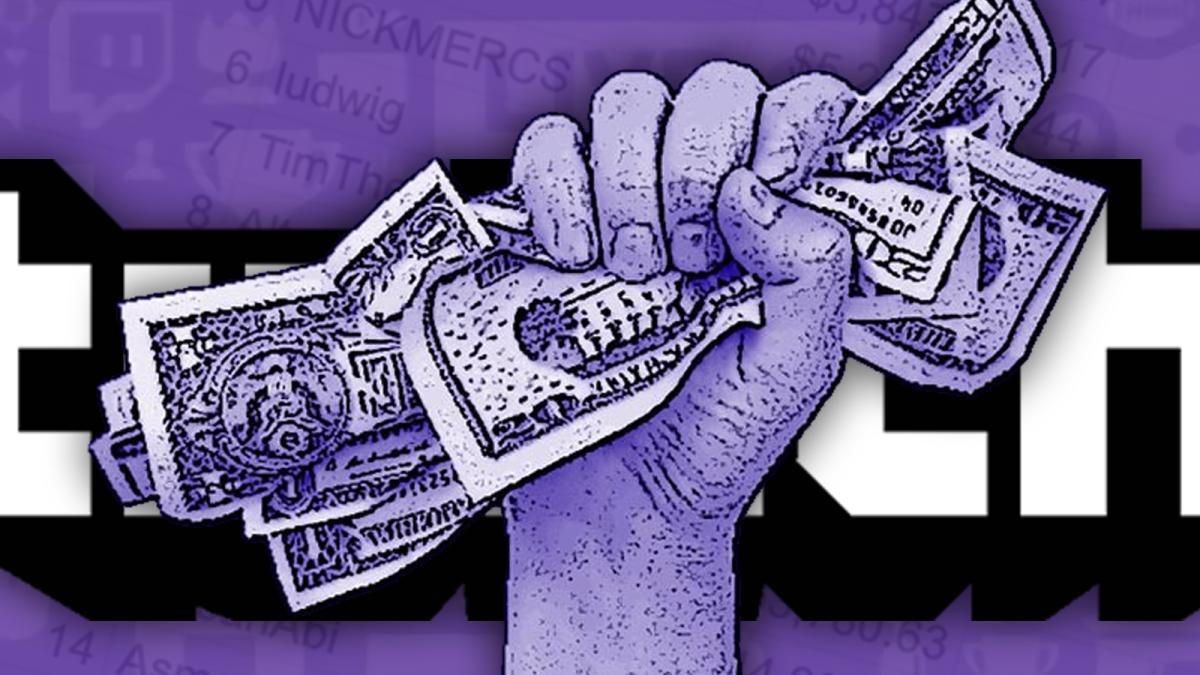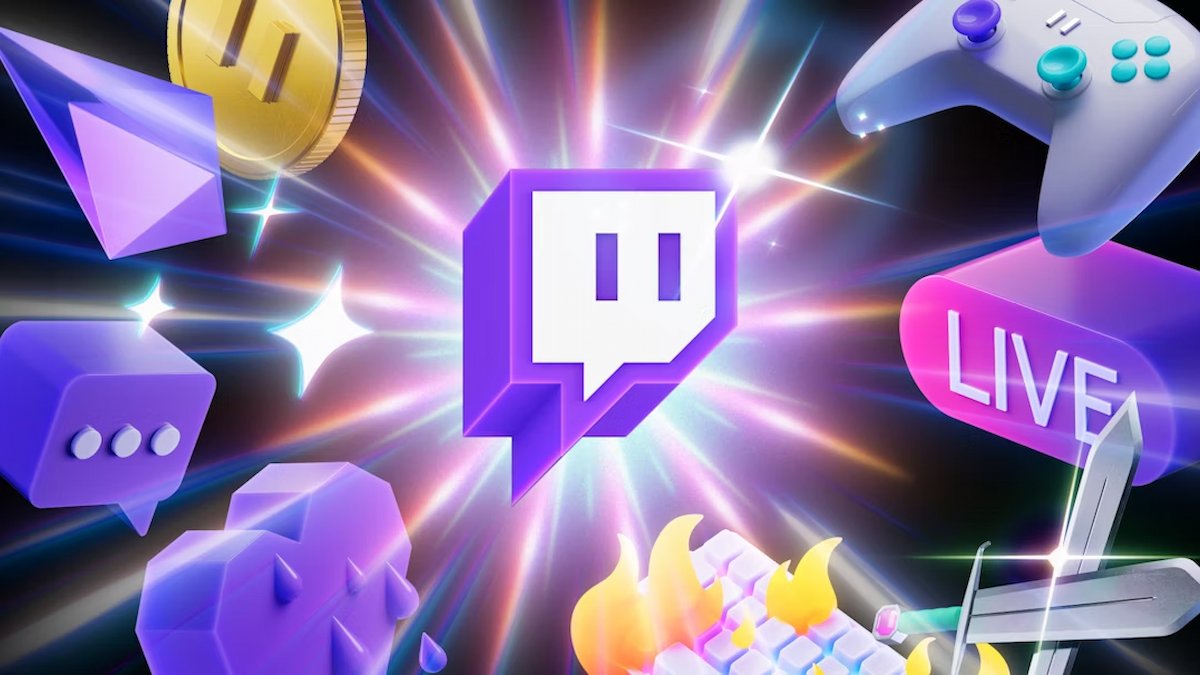Twitch announced earlier this year that it intends on making changes to the way it splits subscription revenues with some of its top creators in 2023. And since then, numerous high-profile personalities have voiced their displeasure.
In a letter posted to the platform’s blog, president Dan Clancy explained that most creators get a 50-50 split of sub revenue, but some of the platform’s top streamers have negotiated deals that give them a higher share. That is going to change next year, though, according to Clancy’s letter. The platform intends to give fewer deals that provide creators with enhanced revenue shares. Currently, some top streamers have deals that give them a 70-30 split from subscription revenue.
Starting next June, the platform will veer away from offering creators a 70-30 split when they negotiate deals, and those who do will have their share reduced to 50-50 after $100,000 in earnings.
Following the news, some creators have expressed intentions of changing their content strategy to include more YouTube uploads because of how much easier it is to monetize on that platform. With there being a multitude of ways that streamers can generate revenue, it only makes sense that they would try to find the platforms and revenue sources that are most lucrative. But it may take some comparison shopping to find the right alternative to Twitch.
YouTube is perhaps the first place people would think to upload content and perhaps even livestream. While the platform tends to have lower livestreaming viewership than Twitch, its revenue sharing is notably more generous.
The platform has a 70-30 revenue split with creators across all fan-funded revenue sources, according to YouTube Gaming’s strategic partner manager Jeffrey Greller. That includes memberships (the YouTube equivalent to Twitch subscriptions), superchats, and more.
While Patreon isn’t exactly the same type of broadcasting platform that Twitch or YouTube is, it provides a better split than both. The platform only takes between five to 12 percent of a creator’s income and payment processing. The exact figure depends on the type of Patreon account a person sets up.
The popular subscription service OnlyFans, which is popularly used as a platform for sex workers to sell adult content, also provides a better split for its users than YouTube and Twitch as well. People who use OnlyFans receive an 80-20 split of their revenue.
Meanwhile, Discord joined the fray by introducing a server subscription feature that allows server owners to monetize their communities with three tiers of support that range from $2.99 to $9.99. Creators who use that subscription service get 90 percent of their subscription revenue after “applicable deductions.”
Here are some of the popular content creation brands and the revenue share splits they have with creators:
Streaming platforms’ revenue share splits
- Twitch: 50-50 (some high-profile creators negotiate 70-30)
- YouTube: 70-30
- Patreon: Between 95-5 and 88-12
- OnlyFans: 80-20
- Fansly: 80-20
- Fanhouse: 90-10
- Discord: 90-10












Published: Dec 1, 2022 03:54 pm